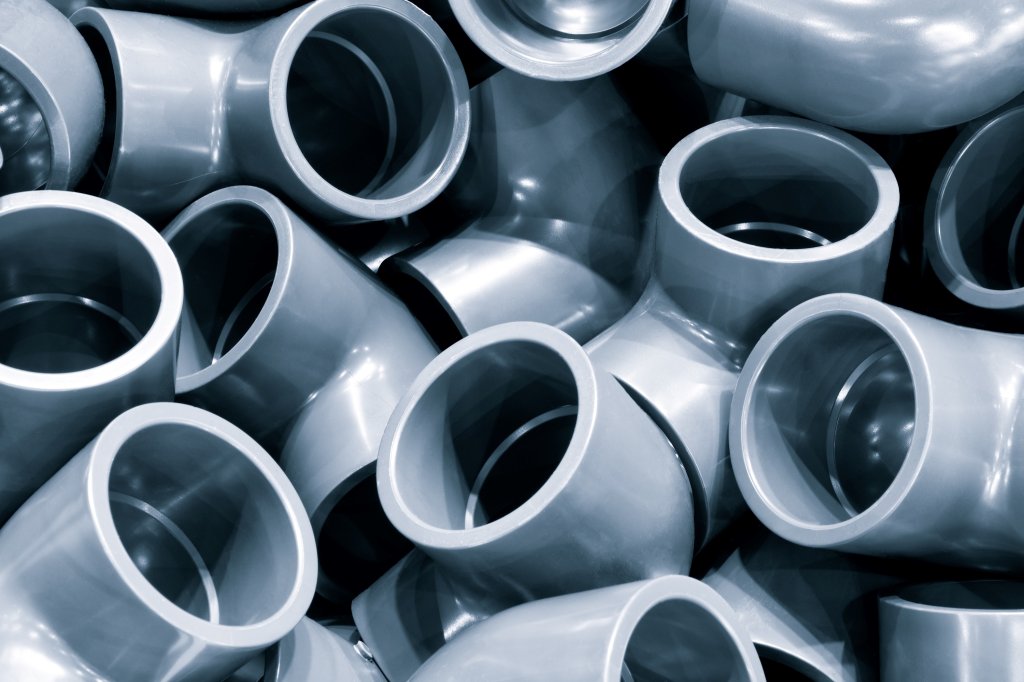Maximizing Efficiency with PVC Pipe
One of the most popular thermoplastics, polyvinyl chloride, or PVC, is a plastic material that has been part of the plastic industry since the early 1900s. This lightweight product offers excellent hydraulic properties and longevity, making it a popular choice for a number of plumbing and industrial applications. Today’s PVC is available as a rigid or flexible plastic, depending on how it is formulated. This plastic is often the choice for pipes in plumbing, sewage, and agricultural applications.
In addition to being either flexible or rigid, PVC comes in different schedules. The schedule indicates the thickness of the pipe's wall and the pressure rating of the PVC. It can also indicate the color of the plastic.
While schedules are important, it is the performance characteristics of this plastic that makes it popular in industrial applications, as well. Here are the common characteristics that make this material so popular for industrial applications.


An Expert is just around the corner.
With over 100 years of combined product knowledge and industry experience, we are confident our plastics experts can help you find a solution for your application.
Tensile Strength and Stiffness of PVC Pipe
Tensile strength refers to the maximum weight something can hold before it breaks or bends. This is measured by hanging weight from the PVC until it loses its shape. The tensile strength of PVC depends on the size of the pipe. It ranges from about 264 lbs for a .5-inch Shoulder 40 pipe to 17,332 lbs for an 8-inch Schedule 80 pipe.
Stiffness is another important indicator of the benefits of PVC. Stiffness is measured in how much the pipe resists deflection, or changes into an oval shape, under a load. PVC can deflect about 30% before it changes its curvature. Stiffness is sometimes measured in psi, but this should not be considered the strength of the pipe, which is much higher than its stiffness. When measuring stiffness, PVC has a rating of about 46 psi.
Chemical Resistance of PVC Pipe in Harsh Environments
The chemical resistance of PVC is another reason why it is so popular in the manufacturing industry. It can carry a number of corrosive chemicals without damage. Alcohol, fat, oil, alkalis, salts, inorganic acids, and aromatic-free petrol are all safely carried within PVC. Some chemicals, like ethers and esters, shouldn’t be carried in PVC pipe because it can absorb these.
Durability and Aging of PVC Pipe Under Different Conditions
As plastics and other materials are used in manufacturing, they can lose strength and durability over time. Some become more brittle and prone to breaking. One of PVC's key advantages is its ability to maintain durability as it ages.
PVC pipe can last about 100 years. The conditions it is under will dictate how long it lasts, but it is quite durable. Some factors that can cause premature aging of PVC include:
Exposure to sunlight
Debris and rocks from underground installation
Improper installation
Exposure to strong chemicals that get absorbed into the material
For many manufacturing operations, this is not a concern. PVC can move water and many other chemicals safely for decades without damage and premature failure.

Effects of Temperature and Pressure on PVC Pipe Performance
Freezing temperatures can impact PVC's strength. The freezing and thawing cycle outdoors can cause contraction and expansion of the soil around the PVC, which can damage it. The freezing can also make the PVC more brittle, increasing its chances of breaking.
Increasing temperatures also impact PVC. The plastic expands as the temperature increases. As it expands, its internal pressure capacity decreases. When the temperature drops, the pressure capacity increases.
Pressure can also impact the performance of PVC. Internal pressure can place strain on the pipe, eventually causing it to burst. The smaller the pipe size, the more pressure it can handle. A .5-inch Schedule 40 pipe can approximately handle up to 1,900 psi internally before it bursts, and a Schedule 80 pipe increases to about 2,700.
Hydraulic Properties of PVC Pipe in Fluid Transport
Piping systems need to have a consistent flow rate. This is one of the benefits of working with PVC. The smooth wall surfaces inside PVC pipe reduce friction, allowing fluid to move freely. This also eliminates the risk of slime build-up on the interior of the pipe, which is important when creating systems for food or water handling. Hydraulic smoothness is one of the primary advantages of choosing PVC for manufacturing needs.
Contact Piedmont Plastics to Order PVC Pipe Material
If PVC is the right choice for your industrial application, Piedmont Plastics can assist you in finding the right product to meet your exact specifications. Connect with one of our product specialists to learn about the various types of PVC and to find one that fits your needs well.
Find Out More
Contact your local Piedmont Plastics branch today to get started on your project!
Request A Quote
